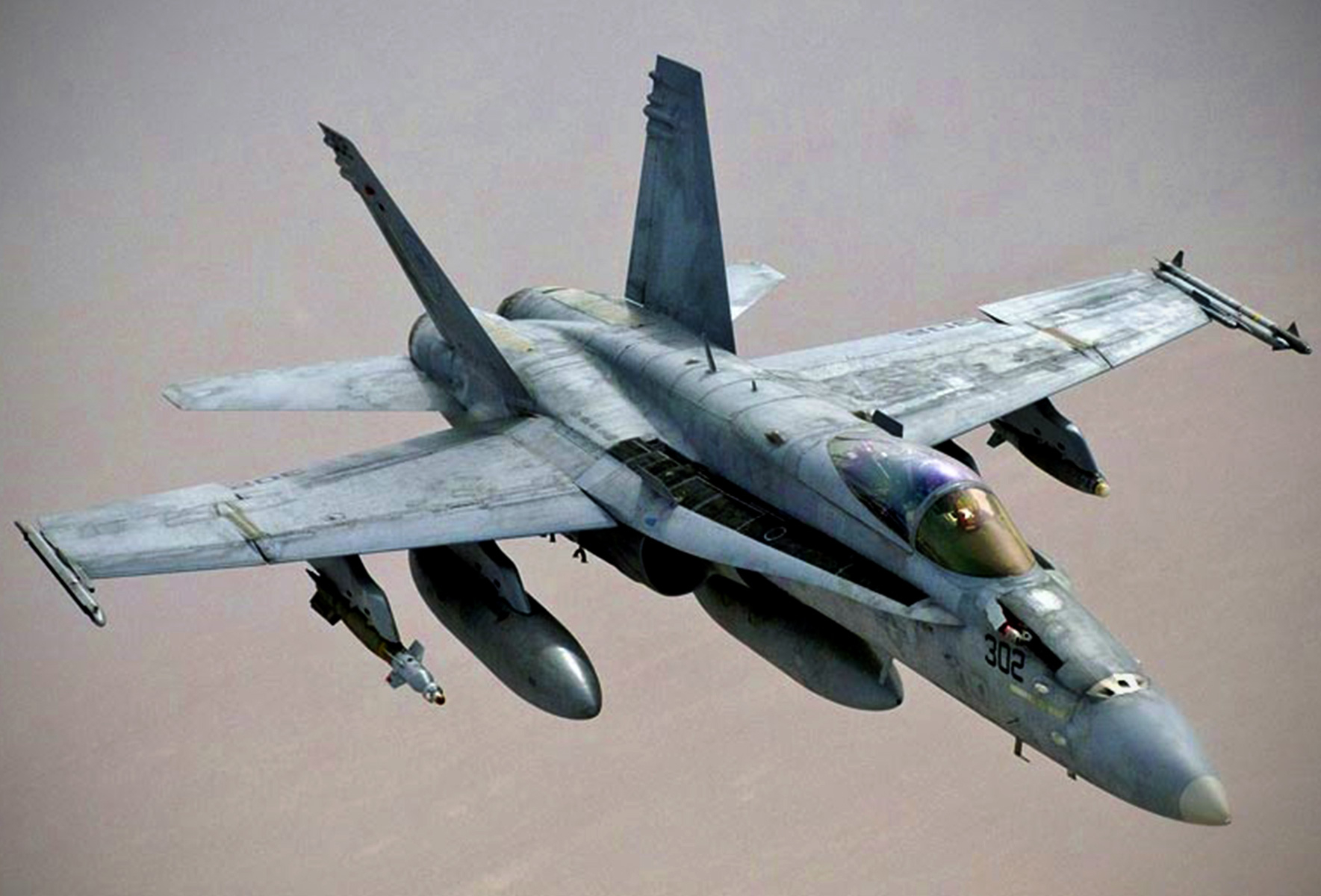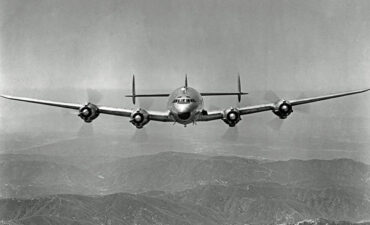Why not provided F-18 aircraft to Israel?
Why not provided F-18 aircraft to Israel? The F-18 jet, developed by McDonnell Douglas (now part of Boeing), has never been supplied to Israel for several reasons, primarily revolving around U.S. foreign policy, military strategy, and Israel’s existing military capabilities. Here are some key points:
Existing Military Contracts:
Israel has long relied on the F-15 and F-16 jets, which have been developed and customized specifically for the Israeli Air Force. These aircraft have proven their effectiveness in various operational scenarios and have been integrated into Israel’s defense strategy.
Political and Military Considerations:
The U.S. has historically provided military assistance to Israel, but this support has often focused on specific platforms that align with U.S. strategic interests in the region. F-15 and F-16 jets are part of this support framework, while the F-18 has been primarily developed for the U.S. Navy and Marine Corps.
Operational Role:
The F-18 is designed primarily for carrier operations and is optimized for naval warfare. Israel does not operate aircraft carriers, which makes the F-18 less suitable for their operational needs compared to land-based aircraft.
Regional Security Dynamics:
The U.S. often weighs the implications of arms sales on regional stability. Supplying F-18s to Israel could alter the balance of power in the Middle East, potentially leading to tensions with neighboring countries.
Cost and Logistics:
Integrating a new aircraft into an existing air force involves significant costs and logistical considerations, including training pilots and maintaining new support infrastructure. Since Israel has already invested heavily in its current fleet, transitioning to a new platform like the F-18 may not be seen as beneficial.
Overall, while the F-18 is a capable aircraft, it has not aligned with Israel’s specific military needs or the broader geopolitical considerations surrounding U.S. arms sales in the region.










